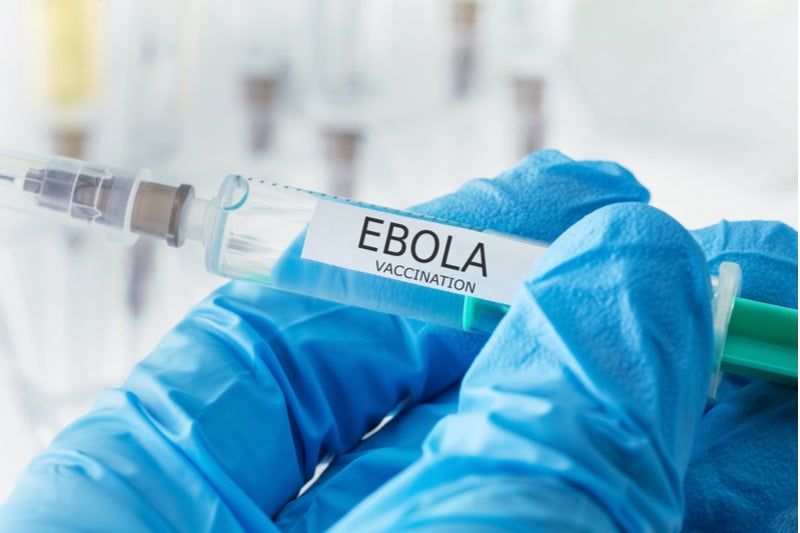In November 2019, the European Medical Agency (EMA) approved the first ever Ebola vaccine, Merck’s Ervebo. This followed a positive opinion from the EMA’s Committee for Medicinal Products for Human Use (CHMP) in the previous October. The approval was never really in question, as the safety and efficacy data for Ervebo are strong. Furthermore, the vaccine has been implemented in Africa in various circumstances since the 2014 crisis in West Africa. This allowed the vaccine to demonstrate real world utility in curbing outbreaks.
Ervebo has demonstrated a striking 97.5% effectiveness in preventing transmission of Ebola when used as part of ring vaccination programs. This included those implemented in the West Africa Ebola outbreak that resulted in over 10,000 deaths. However, with an EMA approval in hand, the limiting factor in Ervebo’s success is no longer the available of an efficacious vaccine. The limiting factor is the implementation of vaccination programs.
In developed countries where logistical concerns rarely impede the rollout of a vaccine, issues such as reimbursement and development of immunization guidelines can delay a product’s availability by months and even years. In Africa, these factors are compounded with a lack of infrastructure for widespread distribution. Other factors such as social unrest, political discord, and even regional armed conflicts, can further slow any efforts to curb outbreaks.
Questions on how Ervebo should be distributed
Which groups should receive Ervebo is a central question, and there is no clear answer. Should ring vaccination programs continue? If so, that is a more reactive approach, although it has generally been effective when the vaccine is readily available.
If a more proactive approach should be considered, this would require vaccination of larger numbers of people, which would be more expensive. Further, it must be considered where the routine immunization should be implemented. Should it be limited to all areas that are experiencing or have experienced outbreaks, or used in all areas where zoonotic transmission of viruses is a concern? Another consideration is monitoring wildlife for Ebola, and implementing vaccination immediately upon detection of the virus. Additionally, all of these considerations must be considered on a country-by-country basis, and there may be differences between geographies.
Finally, we must ask, who will pay for the vaccine? Ebola outbreaks have been in regions that are generally impoverished. This suggests that price could be a significant problem, even if the vaccine is not considered expensive. Taken together, there are numerous barriers to rollout and uptake of Ervebo, many of which are beyond the Merck’s control. Typically, the development of a vaccine is the rate-limiting step for control of an outbreak. However, for Ebola we may see an effective vaccine sitting on the sidelines, waiting for the reconciliation of myriad factors before it can be called into play.

US Tariffs are shifting - will you react or anticipate?
Don’t let policy changes catch you off guard. Stay proactive with real-time data and expert analysis.
By GlobalData





